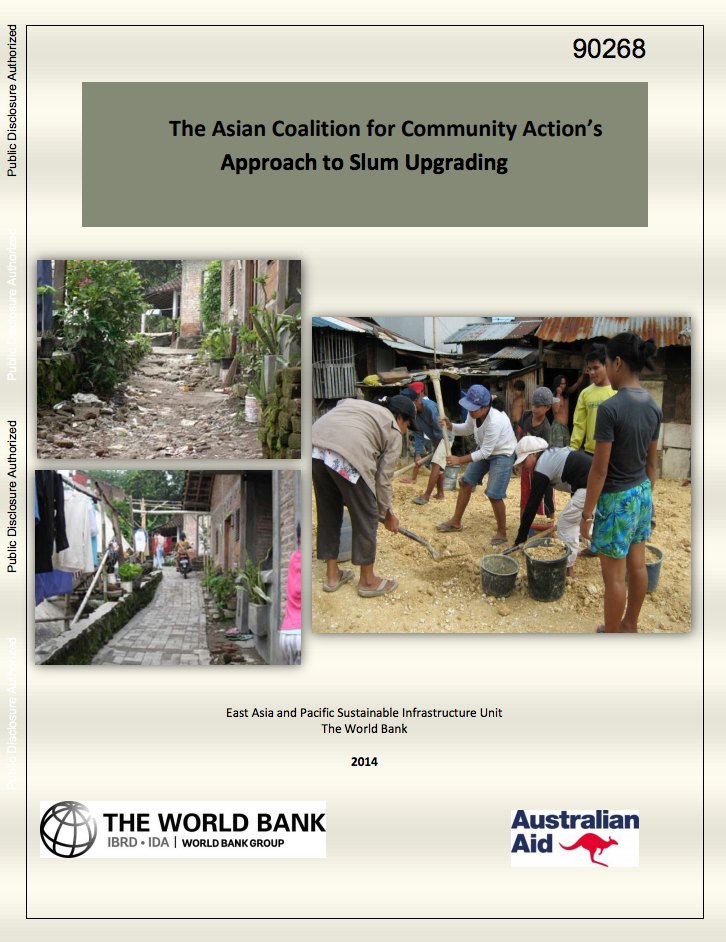Creating Jobs in Africa's Fragile States : Are Value Chains an Answer?
What is the relationship between
employment and conflict in fragile states? Although this
question cannot be definitively answered, a large body of
research suggests that in countries emerging from conflict,
peace is likelier to endure if growth can be rapidly
restored and translated into economic opportunities for
large segments of the population. With a focus on
Sub-Saharan Africa, this report attempts to address the


